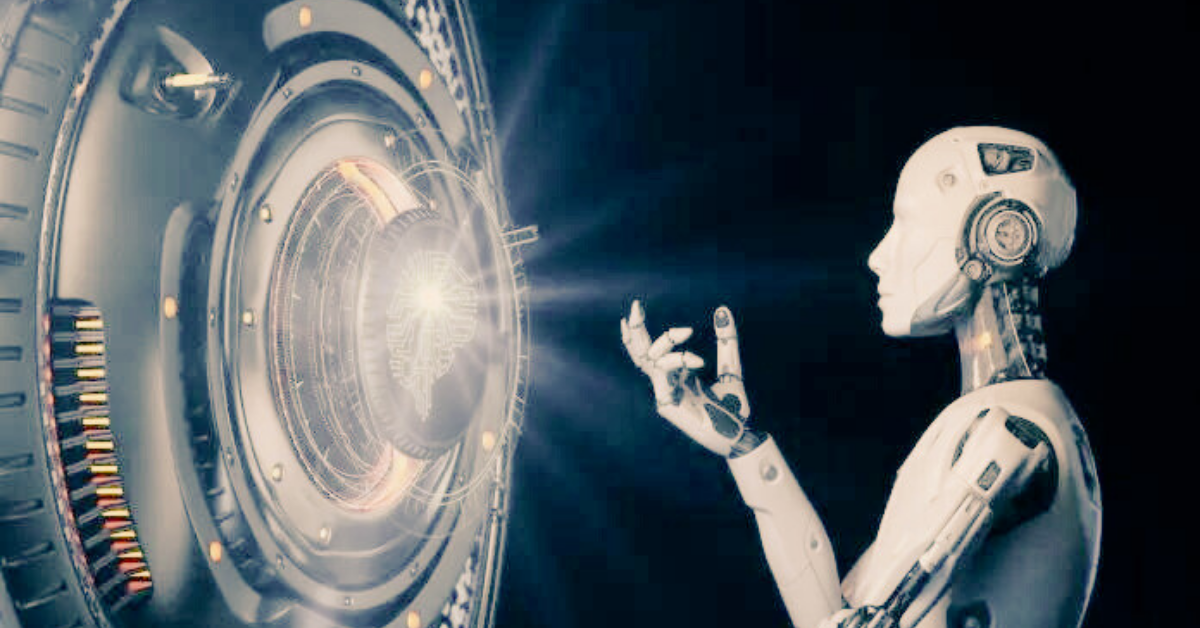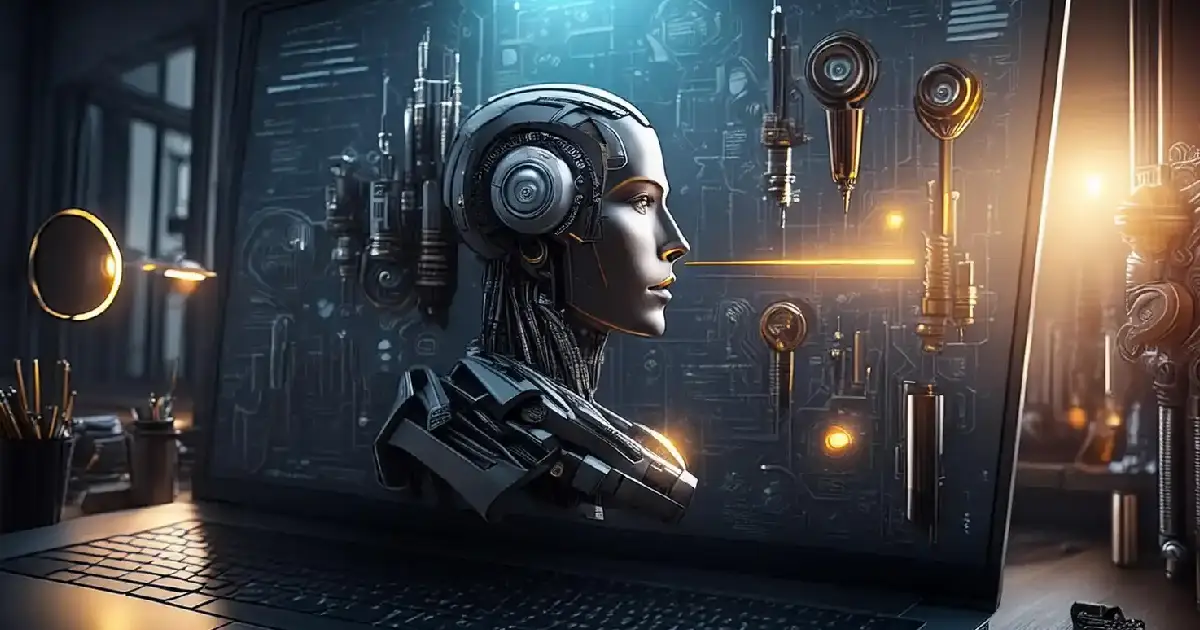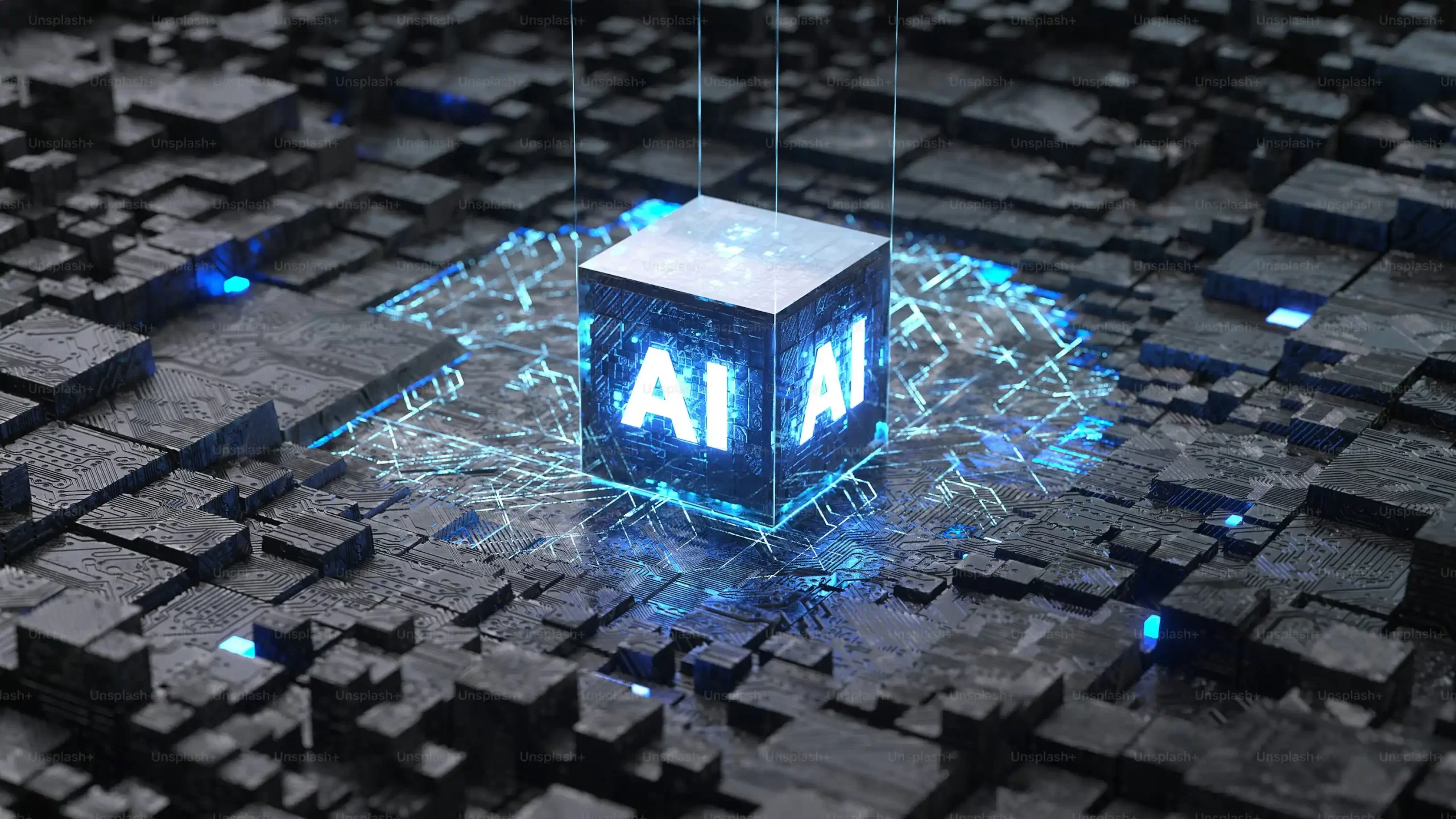Artificial Intelligence (AI) has been making waves across the globe as it continues to revolutionize industries and change the world. AI is not just a technology that can automate processes, but it is a tool that can transform the way we live, work, and interact with each other. In this article, we will discuss how AI is unlocking its power and revolutionizing different industries.
Healthcare Industry:
One of the most significant ways AI is transforming the healthcare industry is through medical diagnosis. With the help of AI, doctors can make more accurate and faster diagnoses. AI algorithms can analyze large amounts of medical data, including patients’ medical records, lab results, and medical images such as MRI scans and X-rays, and make diagnoses in real-time. AI can also help doctors identify potential diseases and their causes, allowing them to develop personalized treatments for their patients.
Another area where AI is making a significant impact in healthcare is drug development. AI algorithms can simulate different scenarios and outcomes, allowing researchers to test different drugs and treatments quickly and efficiently. This can lead to the development of new drugs and treatments that can help treat previously incurable diseases.
Transportation Industry:
AI is transforming the transportation industry by making it safer, more efficient, and more sustainable. Self-driving cars are one of the most significant ways AI is changing the transportation industry. Self-driving cars can reduce the number of accidents caused by human error, increase the efficiency of transportation systems, and reduce traffic congestion.
AI can also help optimize transportation routes and schedules, reducing fuel consumption and emissions. With the help of AI, logistics companies can also make more informed decisions regarding their supply chains, resulting in more efficient transportation and fewer delays.
Retail Industry:
AI is transforming the retail industry by providing businesses with valuable insights into consumer behavior. AI algorithms can analyze consumer data, including their shopping habits, preferences, and feedback, to help businesses create more personalized marketing campaigns and product offerings.
AI can also help retailers optimize their supply chains and inventory management. By analyzing data on customer demand, AI algorithms can predict which products are likely to sell out and adjust inventory levels accordingly. This can help retailers reduce waste and improve profitability.
Finance Industry:
AI is transforming the finance industry by making it more efficient, secure, and accessible. AI algorithms can analyze financial data and make predictions regarding future trends and market movements. This can help investors make more informed decisions regarding their investments.
AI can also help banks and financial institutions identify potential fraud and security threats. With the help of AI, banks can monitor customer transactions and detect unusual activity, reducing the risk of fraudulent transactions.
Education Industry:
AI is transforming the education industry by providing educators with new tools and technologies to improve the learning experience. AI algorithms can analyze student data and provide personalized recommendations for learning materials and activities. This can help students learn at their own pace and in a way that best suits their individual learning styles.
AI can also help educators identify students who are at risk of falling behind or struggling in specific areas. With the help of AI, educators can provide personalized support and resources to these students, ensuring they receive the help they need to succeed.
In conclusion, AI is unlocking its power and revolutionizing different industries. From healthcare to transportation, retail, finance, and education, AI is transforming the way we live and work. As AI technology continues to advance, we can expect to see even more profound changes in the years to come.




